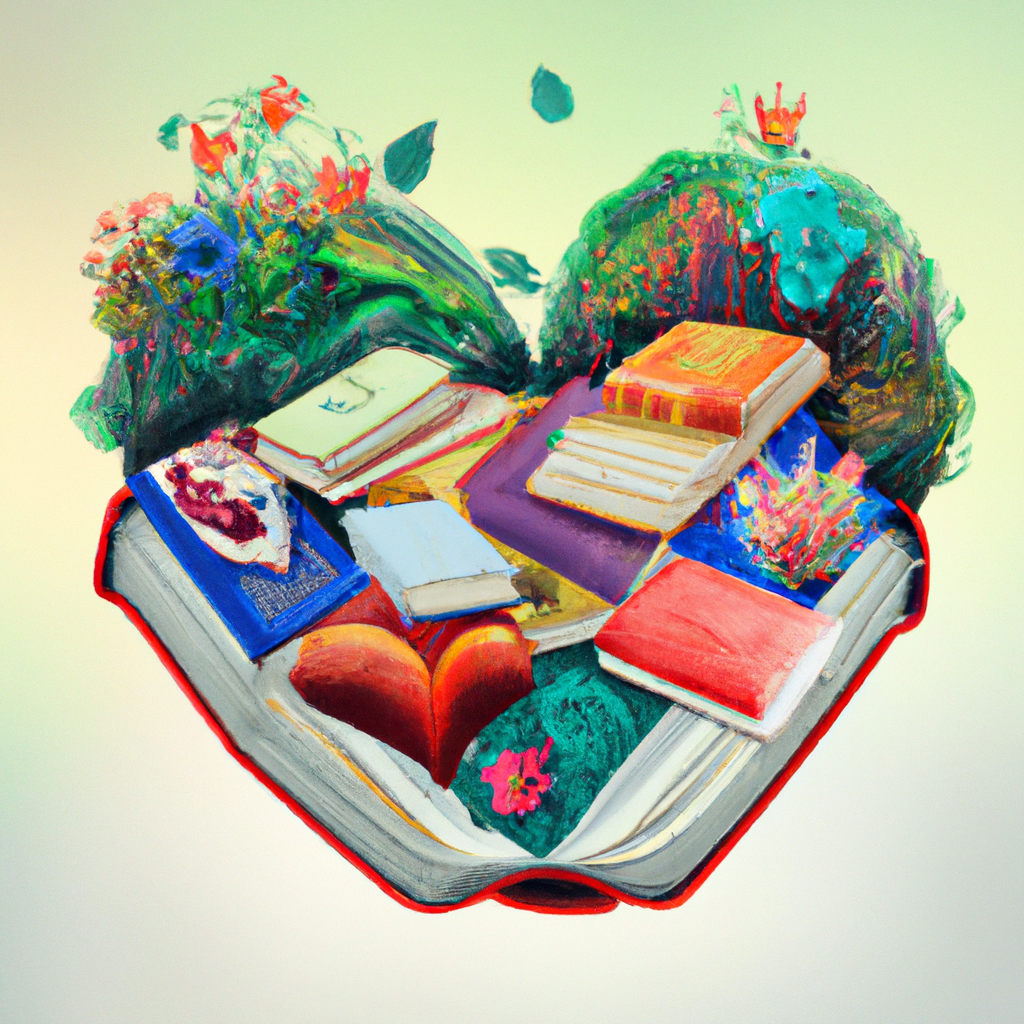The Iliad and The Odyssey are two of the most famous epic poems in the world. Written by the Greek poet Homer in the 8th century BC, these poems tell the story of the Trojan War and the adventures of the hero Odysseus. The Iliad is a story of war, while The Odyssey is a story of adventure and homecoming. Both poems are full of action, drama, and memorable characters.
In this article, we will explore the intricate and beautiful world of The Iliad and The Odyssey. We will examine the themes, characters, and literary techniques used by Homer to create these timeless works of art. By the end of this article, you will have a deeper appreciation for these epic poems and the world they depict.
The Iliad
The Iliad tells the story of the Trojan War, which was fought between the Greeks and the Trojans. The poem begins with a dispute between the Greek king Agamemnon and the hero Achilles. This dispute leads to a series of battles between the Greeks and the Trojans, culminating in the fall of the city of Troy.
One of the most striking features of The Iliad is its portrayal of the gods. In this world, the gods are active participants in human affairs, frequently intervening in battles and manipulating events to suit their own desires. The gods are not infallible, however, and their actions often have unintended consequences.
Another key theme of The Iliad is the concept of honor. Honor is a central motivation for the characters in the poem, and they are willing to risk everything to maintain their honor. This leads to acts of bravery, but also to acts of cruelty and violence.
The Odyssey
The Odyssey tells the story of the hero Odysseus, who is trying to return home after the Trojan War. Along the way, he encounters a variety of obstacles, including monsters, sirens, and hostile humans. Despite these challenges, Odysseus remains determined to return home to his wife and son.
One of the most interesting aspects of The Odyssey is its exploration of the concept of hospitality. In this world, hospitality is a sacred duty, and guests are treated with great respect and generosity. This hospitality is contrasted with the behavior of the suitors, who are rude and disrespectful to Odysseus’ wife and home.
Another key theme of The Odyssey is the concept of cunning. Odysseus is a master of cunning, using his intelligence and wit to overcome the challenges he faces. This cunning is contrasted with the brute strength of the monsters and other enemies he encounters.
Literary Techniques
Homer uses a variety of literary techniques to create the world of The Iliad and The Odyssey. One of the most notable is his use of epic similes. Epic similes are extended comparisons between two things, often involving elaborate and imaginative descriptions. These similes serve to deepen the reader’s understanding of the characters and events in the poem.
Homer also uses repetition to create a sense of rhythm and momentum in the poem. For example, the phrase “rosy-fingered dawn” appears repeatedly in The Odyssey, creating a sense of familiarity and continuity.
Finally, Homer uses epithets to describe his characters. Epithets are descriptive phrases that are used in place of a character’s name. For example, Odysseus is often referred to as “the wily Odysseus” or “the resourceful Odysseus.” These epithets serve to reinforce the character’s traits and create a sense of familiarity for the reader.
Conclusion
In conclusion, The Iliad and The Odyssey are two of the greatest epic poems ever written. They depict a world of gods, heroes, and monsters, full of action, drama, and adventure. Homer’s use of literary techniques and themes creates a rich and complex world that continues to captivate readers today. Whether you are a fan of ancient literature or simply appreciate great storytelling, The Iliad and The Odyssey are not to be missed.



